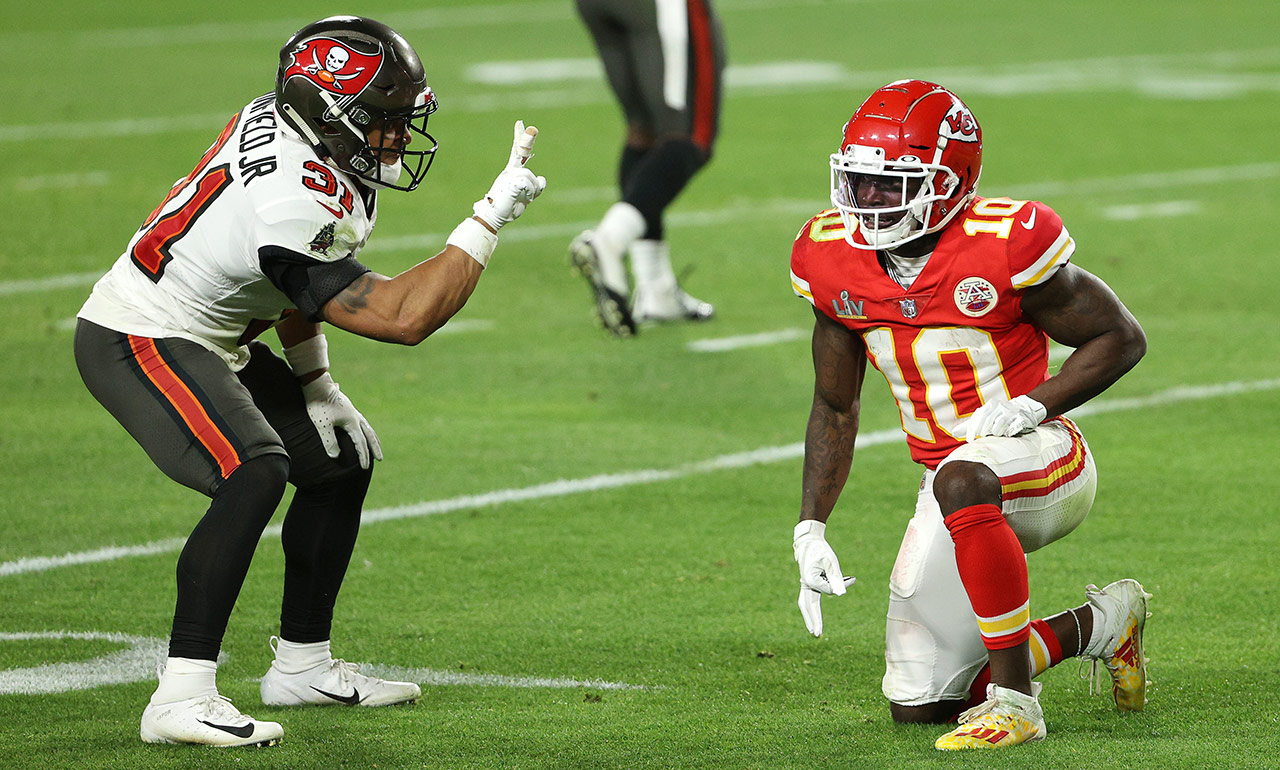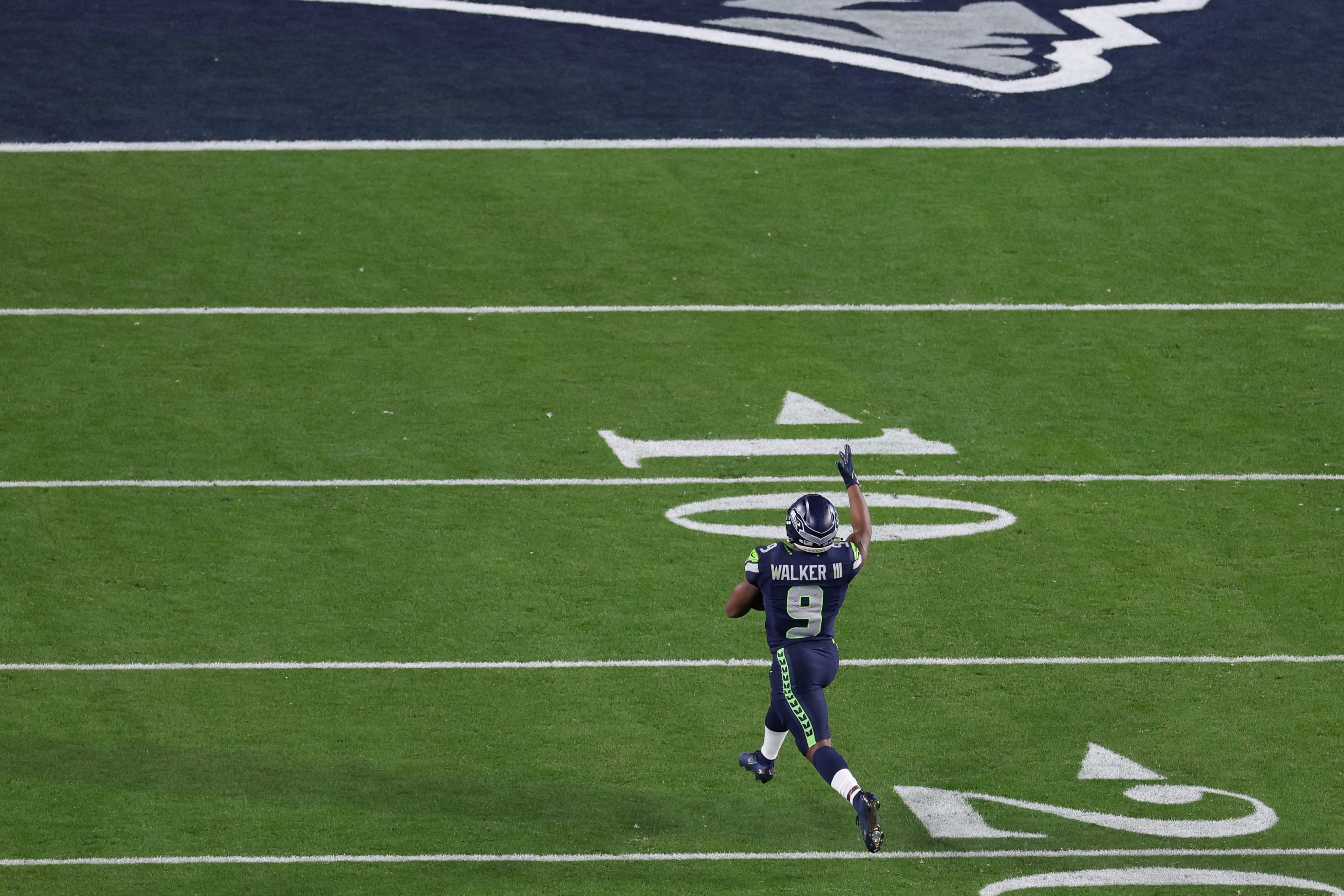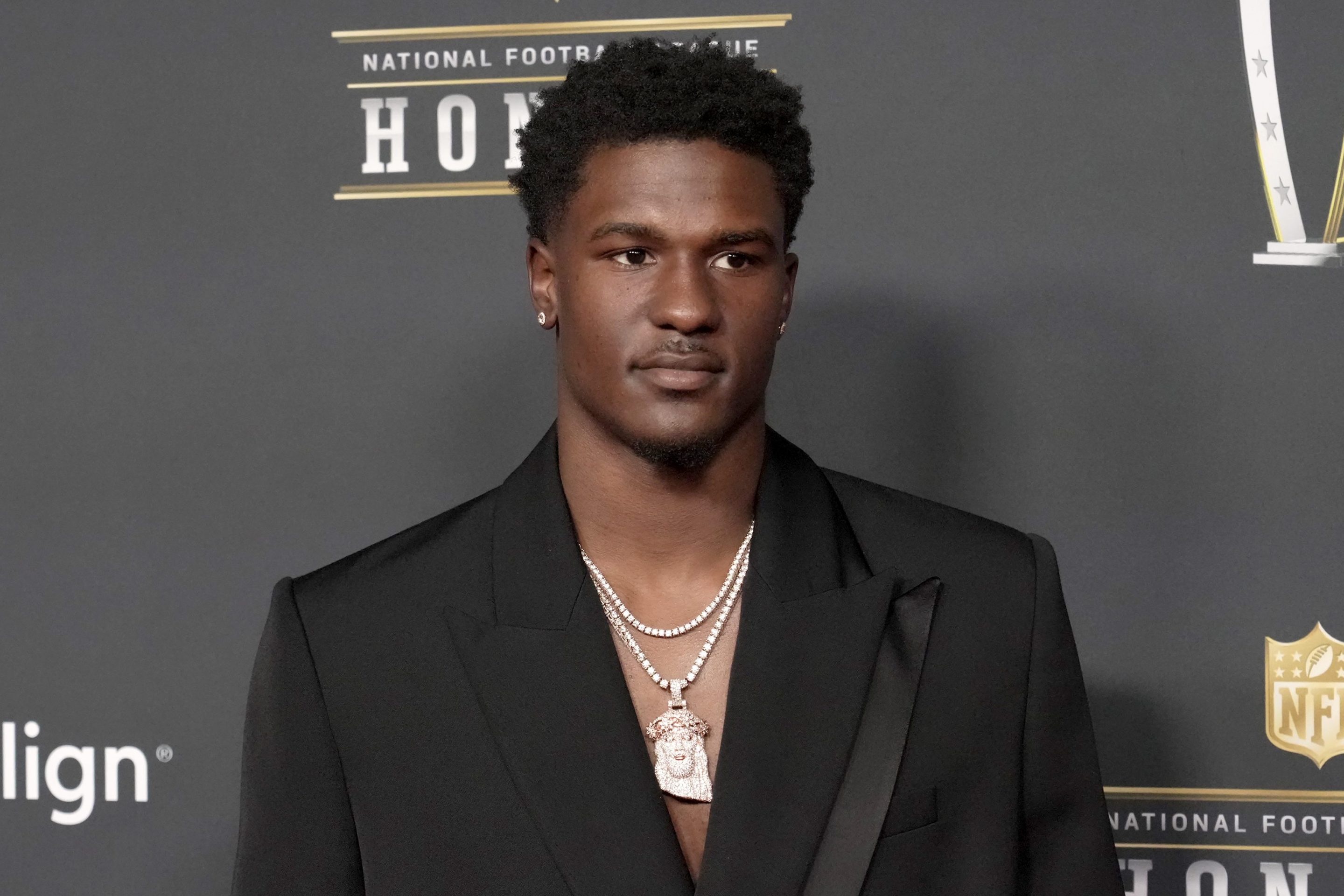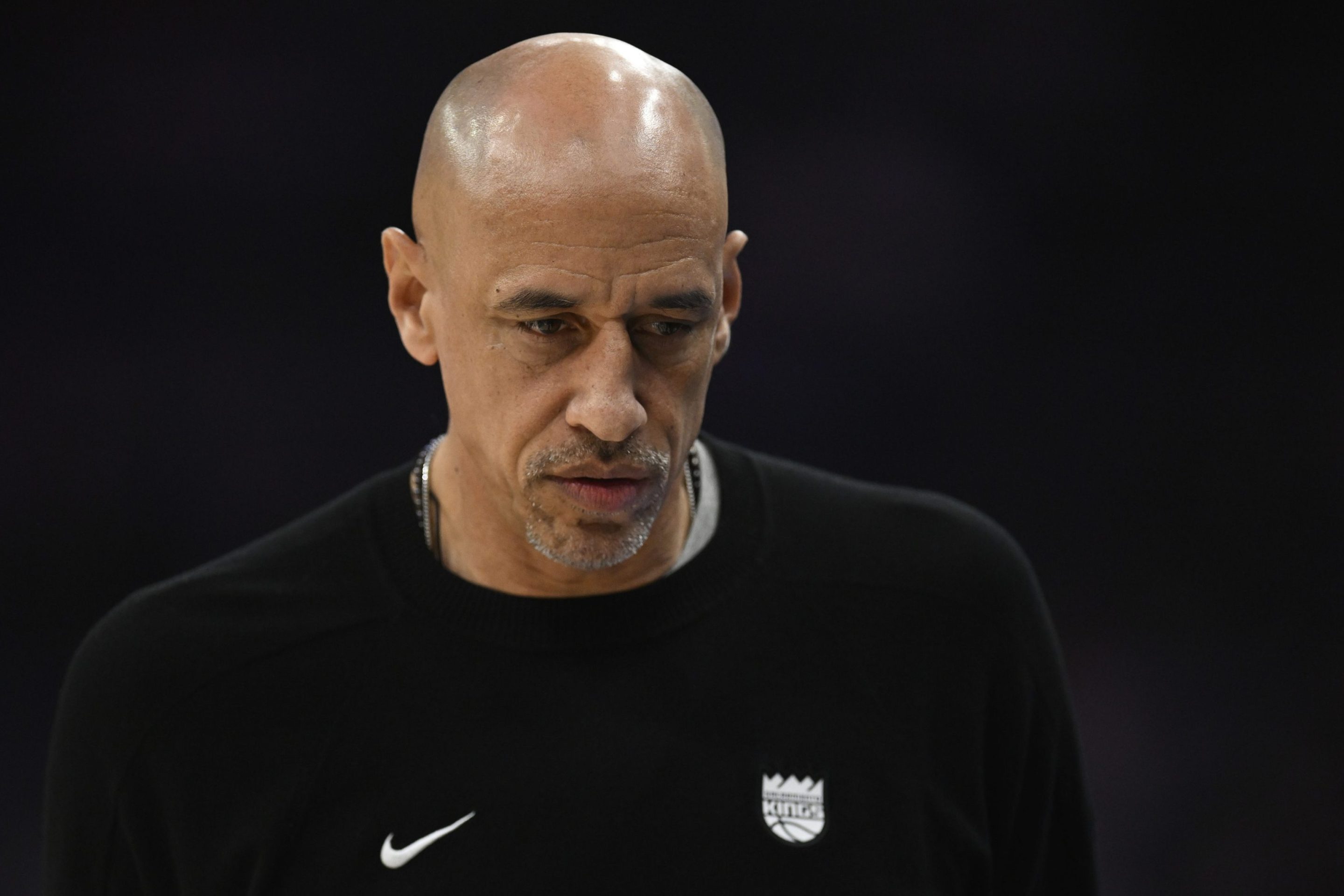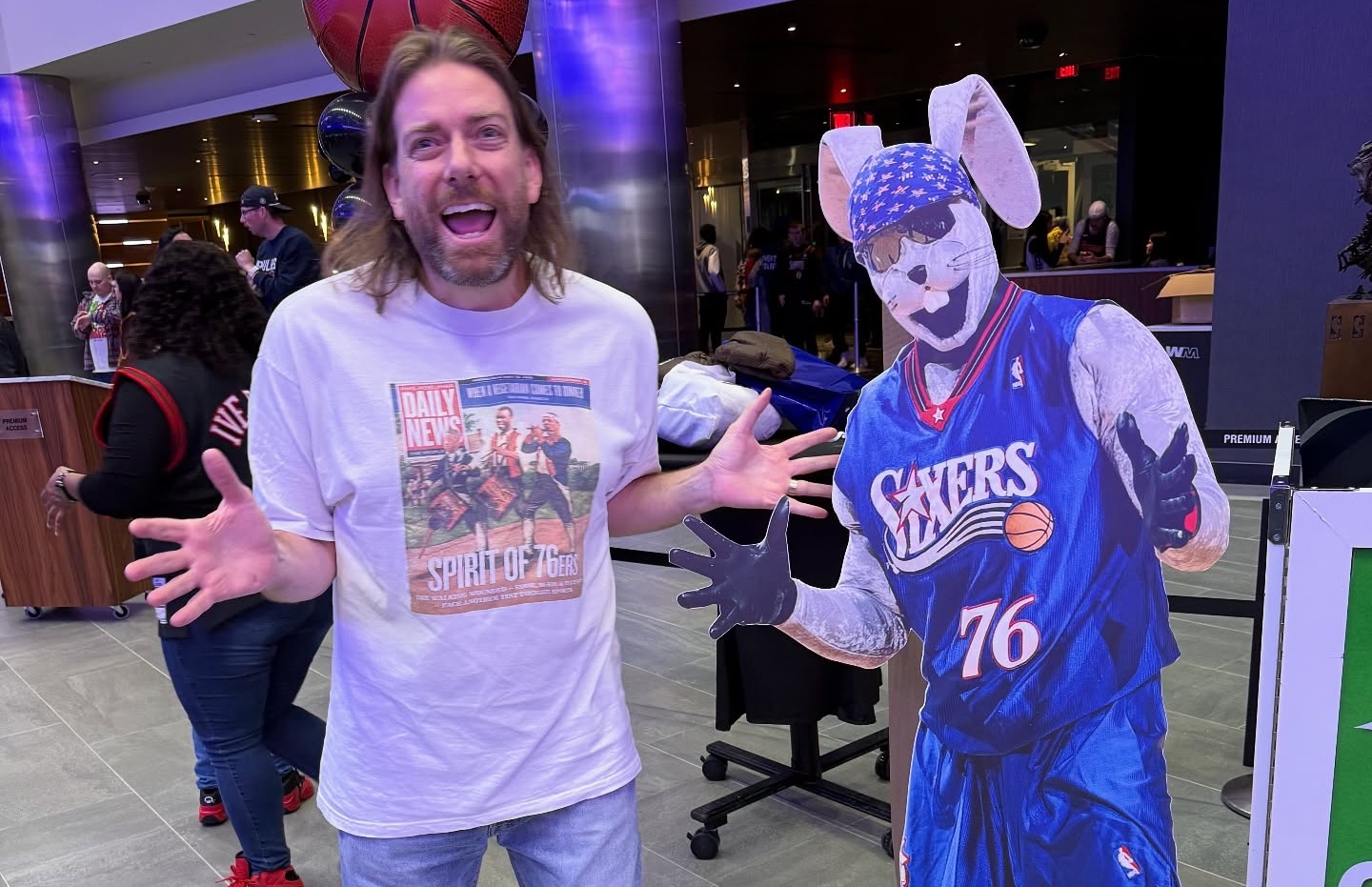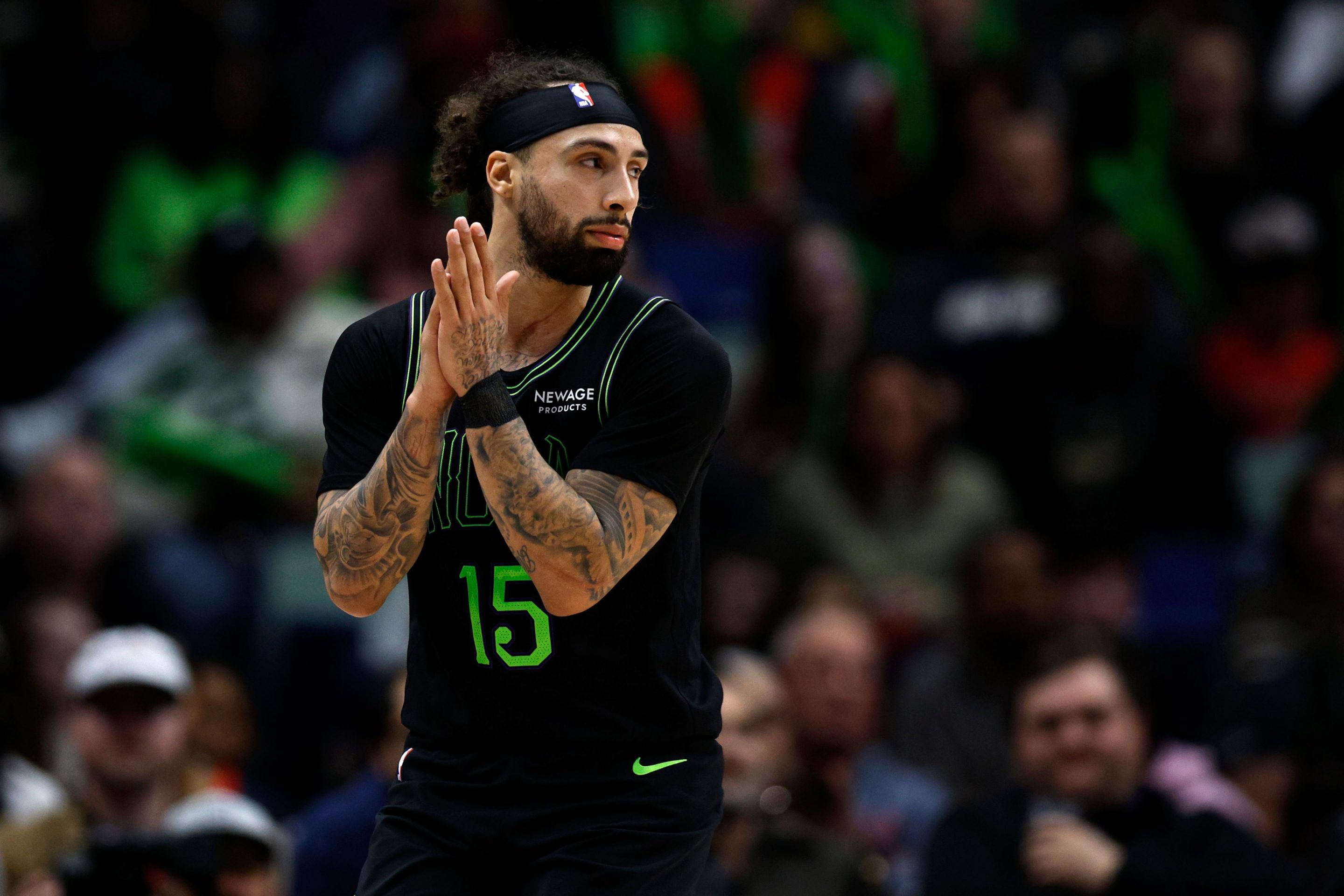Preseason NFL games are played for plenty of reasons. Coaches need to evaluate their players, from starters to scrubs. Fans get to anoint first-round QBs instant legends after a touchdown pass against third-stringers. Degenerate fans can warm up for the season with some exhibition gambling and/or tailgating. There are some more cynical benefits: Teams use the games to force season ticket holders to cough up more money and TV stations are always looking for content, especially in August. At least this year, thanks to the 17-game regular season schedule, the NFL preseason is only three weeks long.
None of that really adds up to a compelling reason to watch the games, but that doesn't make them useless. The NFL preseason sometimes also works as a preview for what’s going to be different about the new season. This year, the sour n’ stodgy NFL is actually doing some fun and frivolous stuff. It has liberalized the rules for jersey numbers, allowing running backs, tight ends, wide receivers, defensive ends and linebackers more choice in which number they can wear. It’s kind of weird so far. Currently, the Eagles’ starting cornerbacks wear numbers 2 and 3, which to me are kicker numbers. This wasn’t a complete act of altruism for the NFL: The league forced players who wanted to change numbers to buy out the rest of the jersey stock—at retail price. Vikings RB Dalvin Cook, facing a $1.5 million price tag for his back stock, opted to stick with No. 33.
One change the NFL announced last week is proving to be bigger than a shift in jersey numbers. Each year, the NFL releases a video telling teams which rules it is planning on emphasizing in the upcoming season. In recent years, the debate has centered around pass interference, stemming from the infamous no-call in the Rams-Saints NFC title game. This year, in response to complaints from coaches, the NFL will be Looking Very Strongly at taunting calls.
There were only 10 taunting penalties called last season. NFL Network’s Tom Pelissero reported in the spring that coaches in a rules subcommittee believed that refs “have gotten lax on players going face to face, standing over people, pointing fingers, etc.” But he also claimed the league wasn’t really looking to police touchdown celebrations.
"The NFL Players Association, coaches and competition committee have all made a strong statement regarding respect among everyone on the field," NFL competition committee chairman Rich McKay said in the NFL’s video. "We saw an increase in actions that clearly are not within the spirit and intent of this rule is not representative of the respect to opponents and others on the field. Game officials have been instructed to strictly enforce the taunting rules.”
Two taunting penalties will mean an ejection and players could also face fines.
Respect for your opponent, or at least not overtly disrespecting your opponent, is a foundational element of sports. Pro athletes can absolutely be role models for youth with their on-field behavior, and certainly no one should be harassed on a playing field. That the NFLPA signed off on all this makes it possible the players don’t really care that much about the freedom to taunt, either. In the most basic sense, it's all both reasonable and ridiculous—yes, it's a game that can turn players brains to mush, but there’s no reason they can’t be gentlemen about it.
But still: Sighhhhhhhhhhh. The last thing anyone ever wants to see is a game decided by a stupid penalty that had nothing to do with the game. Maybe if it’s particularly funny, like that time the Browns' Dwayne Rudd threw his helmet and cost his team a win. But for the most part, a taunting penalty making a major difference in an NFL game is worse than a thousand uncalled pass interferences. Much more worrying than the possibility of those game-changing penalties, though, is the possibility that referees will end up penalizing legitimate but otherwise benign moments of exuberance by players.
Take this play from Colts RB Benny LeMay, an undrafted former UNC-Charlotte 49er who’s so far down the team's depth chart that he didn’t even have a Wikipedia page at publication time. In the third quarter of the Colts’ preseason game against the Panthers, LeMay had a first-down run in which he barreled over several Panthers defenders. He screamed and celebrated after that impressive run, briefly looking down at one of the Carolina players he’d run over. He was flagged 15 yards.
Taunting is a huge emphasis by the referees this season. Benny LeMay with great effort. However, he was flagged for taunting after the pay.
— Allen Lively (@AllenLivelyLOF) August 15, 2021
#Panthers 15 @ #Colts 10#NFL pic.twitter.com/II3ejx9NzT
Again: Sighhhhhhhhhhhhhhh. This is exactly the kind of minor celebration that shouldn’t warrant a penalty at all, let alone a 15-yarder. Regardless of what the league chooses to emphasize, it’s fun when players shout and scream and maybe even look at their opponents a little after the play. I feel like my dad yelling at the TV here. I feel like me yelling at the TV here. C’mon. It’s football. Unless LeMay cursed out the ref and the ref’s family and ancestors and pet turtles as he celebrated the end of his bruising run in a damn preseason game, he shouldn’t have been flagged.
The NFL has long been confused as to how, exactly, players should be allowed to celebrate, or how much they should be able to taunt. In 1978 the NFL passed new rules against “baiting or taunting” opponents; it specifically ignored the TD celebrations that proliferated at the time. Then in 1984 Washington’s “Fun Bunch” end zone celebrations and Mark Gastineau’s sack dances came under NFL scrutiny. In 1991 the league backed off policing celebrations and players were allowed to dance again. Thirteen years later the commissioner was decrying on-field cellphones. If only someone had done the phone gag in the early '90s with a big Paul E. phone!
In January 2004, then-commissioner Paul Tagliabue said coaches told him they were embarrassed by touchdown celebrations. “Many coaches called me when incidents occurred that they felt were way outside the rules and uncalled for and humiliating to their own players and embarrassing to players, including cellphone incidents,” Tagliabue said at a press conference. “The discipline will continue to escalate unless it stops.” I cannot properly express how long the sigh I just made was.
The “cellphone incident” had happened the previous month. Saints WR Joe Horn stashed a phone under the goalpost padding and made a call to celebrate his second of four touchdowns on the day. This is a good example of how the NFL’s celebration crackdowns usually overreach. What’s so bad about pulling a phone out of the padding on the goal post? Who's it hurting? It’s not even really taunting. Horn didn’t throw the phone at anyone; he didn't call the defensive coordinator's wife to tell her that her husband wasn't shit. I thought it was cool when Horn did it, and I thought it was cool when Michael Thomas did an homage 14 years later. Is it such an affront to use a prop in a celebration?
The cell phone celebration (and others) led the NFL to pass a new rule banning choreographed or group touchdown celebrations. Enforcement of celebration and taunting rules can vary wildly. ESPN reported there were only three flags in the 2012 season for excessive celebration after touchdowns. Then the officials got flag-happy, or players began going wild: In 2016 there were 26. So then the league decriminalized TD celebrations, relaxing its rules for celebrations. Now teams can do the Cupid Shuffle in the end zone if they want. Celebrations can be silly or stupid or just plain bad, but generally they’re innocuous at worst. No real harm has come to the NFL by allowing touchdown celebrations. It turns out they weren’t actually taunting after all.
Exciting, huh? Are you ready for some football?
